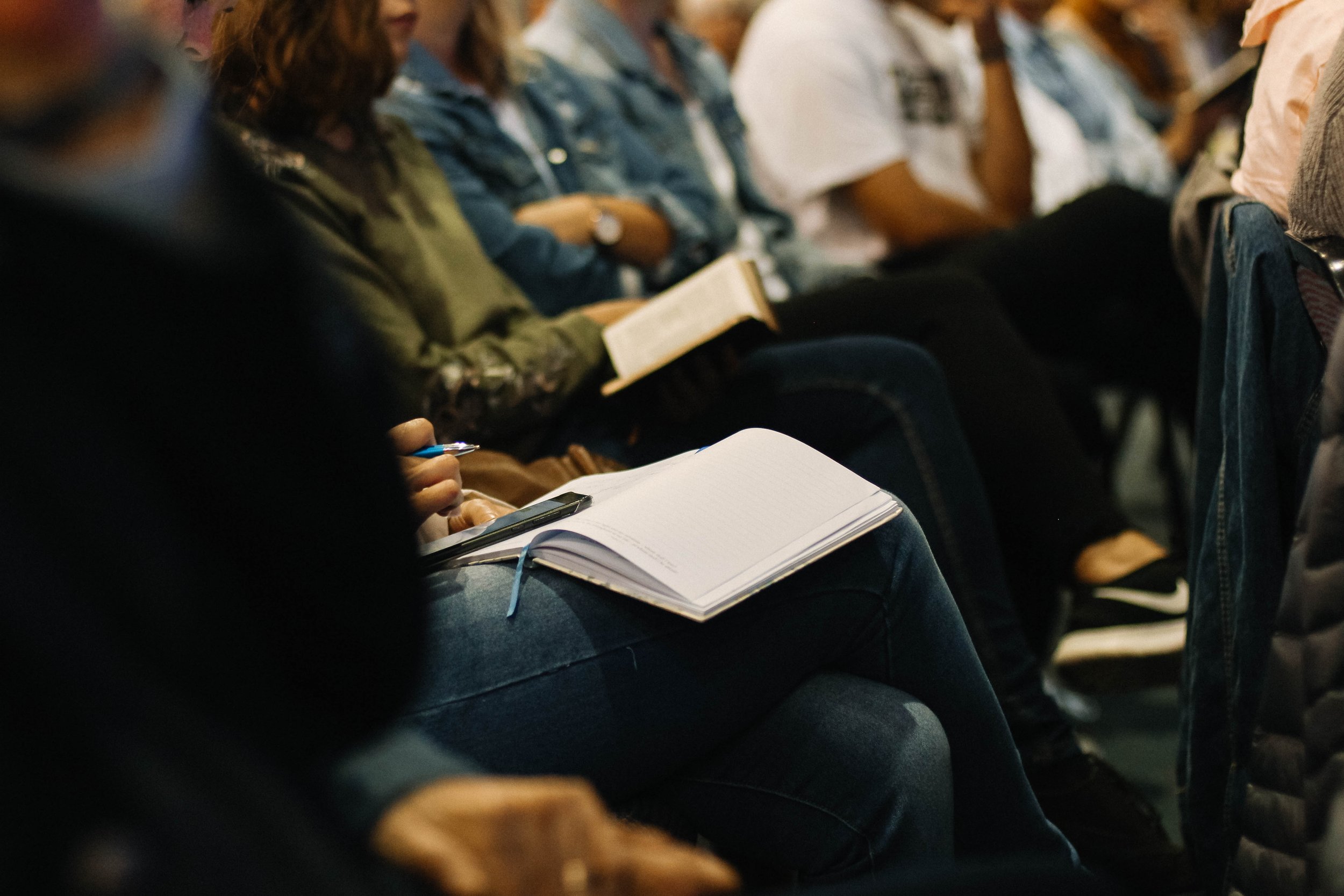Photo by Nicole Honeywill
Date: Thursday 8th November 2018, 11:00-16:15
Venue: Free Churches House, 27 Tavistock Square, London WC1H 9HH
Free Church Health Care Chaplains are invited to join the study day at Free Churches House on 8th November 2018.
What to Expect
Photo by Tim Marshall
The day will include the update information of the Healthcare Chaplaincy, Mental Health First Aid Course (Limited for 16 participants at the cost of £15 for the course materials), the update on Community Chaplaincy and a Prayer Walk. Lunch and refreshments will be provided on the day.
Programme
10:30 am Coffee/Tea
11:00 am Welcome
11.05 am Opening Worship
11-15 am Update on National Picture, Regional Meetings and ‘What’s on your agenda?’
12:00 pm Mental Health First Aid Course for up to 16 participants (£15 for the course materials)
Lunch
Update on Community Chaplaincy
A Prayer walk
4.15 pm Closing remark
I would be very grateful if you could return the completed booking form at your earliest convenience. The booking form is available here. For more information and booking, please contact Thandar at 02036518338 or email at thandar.tun@freechurches.org.uk
We look forward to seeing you on 8th November.
Debbie Hodge
Secretary for Healthcare Chaplaincy, Free Churches Group
This information is available to download here.











